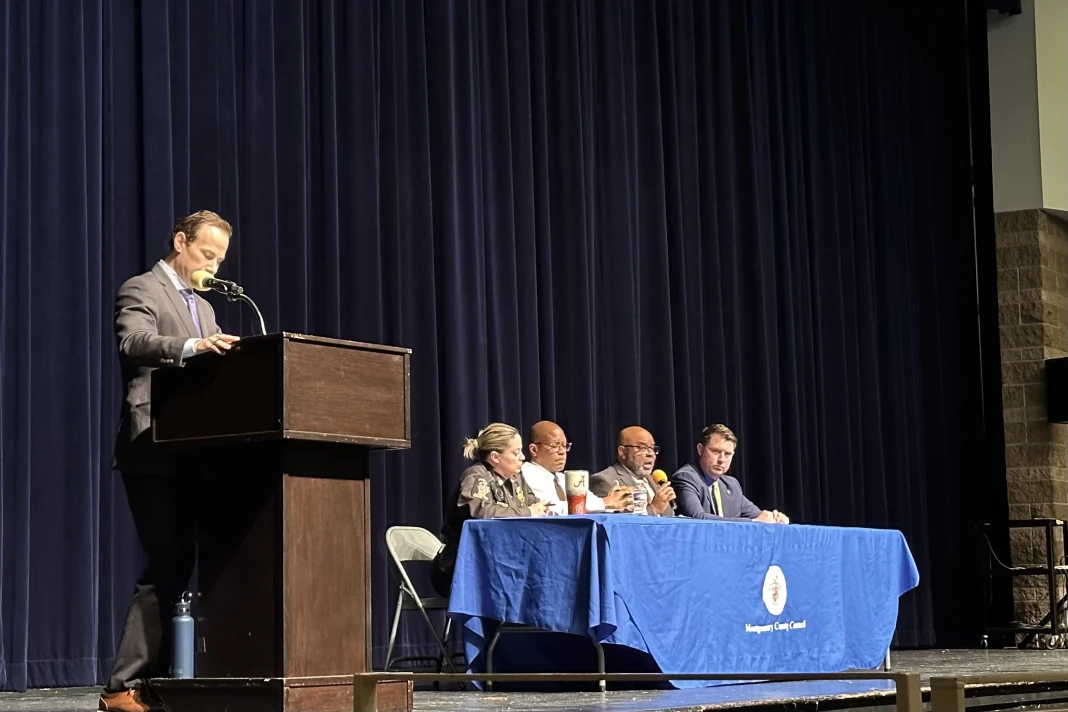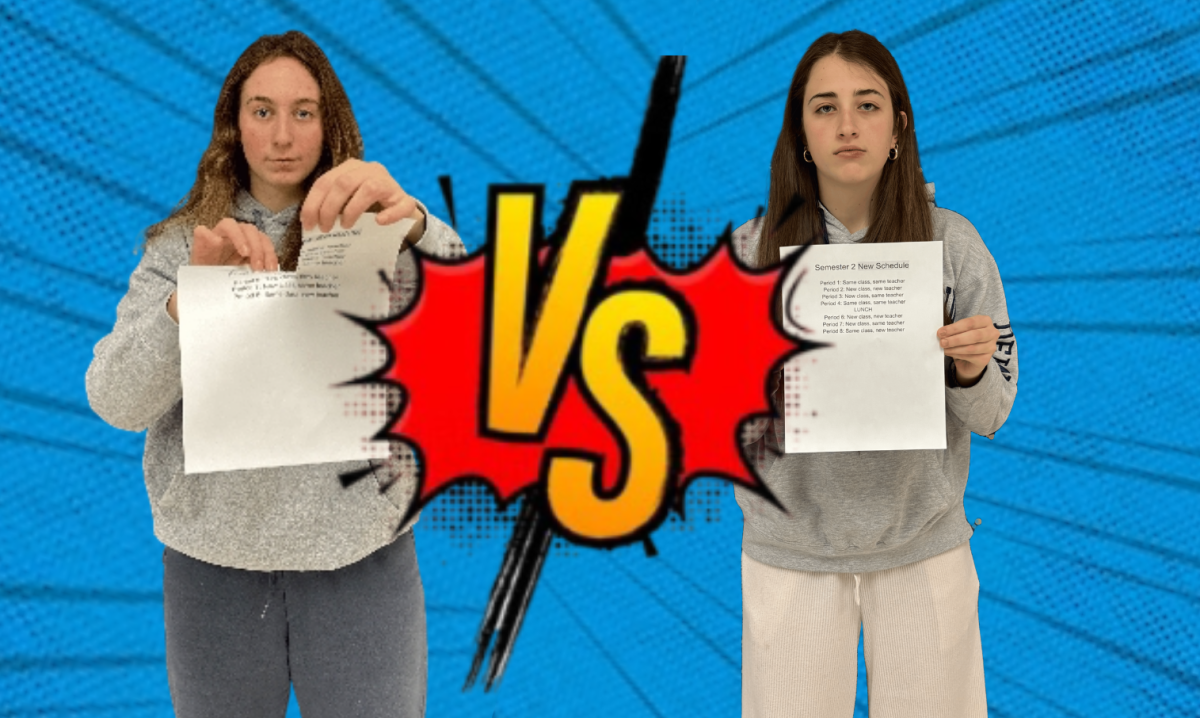In December 1998, Eric Harris and Dylan Klebold of Columbine High School obtained three weapons from a friend who acquired them at a gun show from an unlicensed vendor. Harris and Klebold went on a shooting spree, killing 12 students and one teacher, injuring another 23 people and mentally scarring countless others before committing suicide. In the 14 years since this horrendous massacre, there have been an astounding 130 school shootings in which at least one student or school official has been killed or injured.
At the time, the Columbine High shooting sparked debate about gun control laws. However, the debate faded away before being sparked again by the recent string of shootings in Aurora, Oak Creek and Newtown. Gun control has once again reared its ugly head and come to the forefront of Washington’s political agenda.
Though it may not be politically expedient to tighten gun ownership laws, such reform is a necessity for a country that suffers from the lethal combination of exorbitantly high rates of mental illness and gun ownership. While improving mental health services is the preferred long-term solution to the problem of gun violence, this policy direction may not produce beneficial effects for a long time, leaving innocent Americans vulnerable in the meantime.
So that innocent lives are spared, Congress needs to revisit the concept of an assault weapons ban, and if such a ban is not passed, then Congress needs to give serious consideration to magazine limits that would reduce the damage caused by deadly shootings perpetrated with automatic and semi-automatic weapons. Furthermore, private gun sales, which are not subject to federal oversight and therefore often result in weapons getting into the wrong hands, need to be subjected to some sort of regulation.
Gun reform is an issue that politicians are, frankly, scared to take on. With enormous pressure from the National Rifle Association (NRA) to maintain the status quo of lax gun ownership laws, Republicans and Democrats alike tend to shy away from making meaningful policy changes. Many think back to the assault weapons ban passed under the Clinton administration and claim that it was not clear that the ban succeeded in reducing gun violence.
An assault weapons ban would be the surest way for the federal government to take a “no tolerance” stance against gun violence, but it is somewhat unfeasible. For such a ban to be as effective as possible, it would need to be supplemented with increased funding for law enforcement to ensure that a black market did not develop for assault weapons. Assault weapons should not remain in circulation because they are not necessary for hunting or for self-defense. They are built to be killing machines, and to make them available to the general population is unnecessary.
Magazine limits are another “common sense” policy that could reduce the fatalities that result from gun violence. Shooters would have to reload more often and could no longer effectively spray their weapons without depleting their ammo and constantly having to insert new cartridges into their weapons. However, perhaps the most politically plausible policy that could be implemented to diminish gun violence would be background checks for private gun dealers.
According to the New England Journal of Medicine, around 85 percent of all guns used in crimes and recovered by law-enforcement agencies have been sold at least once by private parties.
A private sale does not require paperwork, a background check or a waiting period before the buyer receives the weapon. As long as the vendor claims to have no prior knowledge that the buyer is a person who would normally be denied a gun under federal law, the transaction proceeds seamlessly. Not requiring background checks or transaction reports during private sales is an inherent loophole in gun laws.
Since the private gun market is, for practical purposes, unregulated, these restricted people can easily obtain weapons.
It would be impossible for the government to oversee all private gun sales. The best way to ensure the effectiveness of such legislation would be to impose heavy penalties, including criminal prosecution, on any non-licensed dealer who was found to have sold a gun without meeting the federal government’s requirements. If the threat of criminal prosecution outweighed the profit incentive for private gun vendors, many would not take the chance of selling weapons to dangerous people who would not be able to obtain them otherwise.
NRA Executive Vice President Wayne LaPierre, who once supported universal background checks, has now suggested that the answer to gun violence is more guns. In response to the Newtown shootings, he suggested that security guards at schools should be armed. He also suggests that moviegoers should be armed in response to the Aurora shootings.
However, the notion that “good guys” with guns are the only thing that can counter “bad guys” with guns is deeply flawed. Columbine High had two armed guards who were unable to stop the carnage carried out by the shooters and many teachers claim they would feel even less safe if they were required to carry a weapon.
Americans should hold their Second Amendment rights dear, but that does not mean that gun ownership should be immune to restriction. If central tenets of the Constitution like freedom of speech and freedom of religion can be limited, there is no legitimate reason to block legislation that requires documentation of all gun sales and imposes severe penalties on those who are found in violation.







